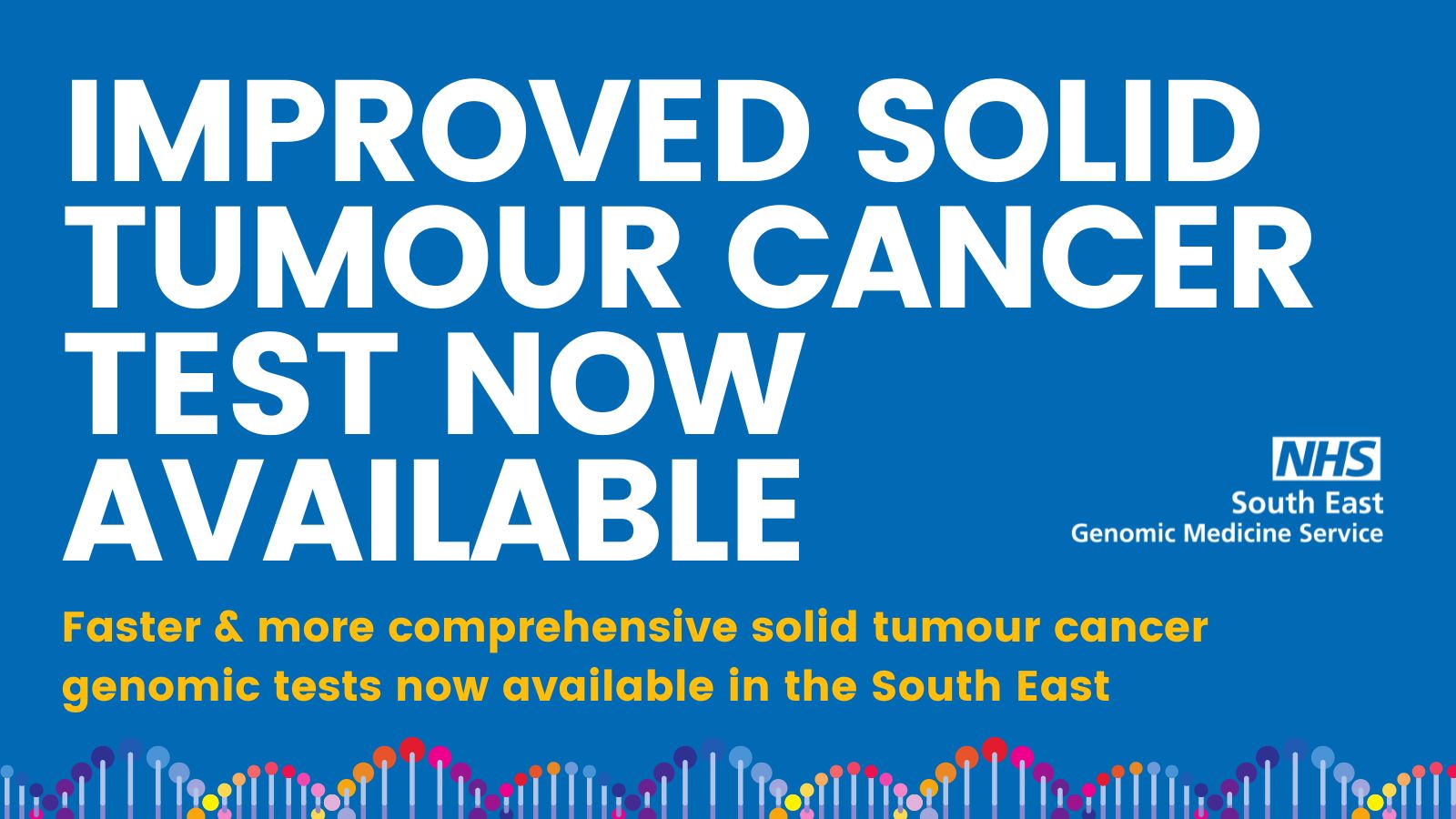
We are switching to a new Solid Tumour Panel called OncoDEEP which is supplied by a company called OncoDNA. The OncoDEEP panel is a replacement for the current Illumina TruSight Oncology 523 gene (TSO500) panel. The OncoDEEP panel covers 638 genes, but also includes Homologous Recombination Deficiency (HRD) testing in line with current National Test Directory requirements for high grade serous ovarian cancer. We will begin issuing reports generated from analysis using the OncoDeep panel from July 22nd onwards,
This change will mean a more streamlined service for DNA analysis of solid tumours with HRD testing included in the same panel. The new panel has the capability to improve the detection of copy number variants, particularly copy number losses, and can deliver microsatellite instability (MSI) and tumour mutational burden (TMB) however additional validation work is required with phased implementation in line with the national test directory requirements. Sample preparation time is less than TSO500 which enables a more efficient work-flow, this will reduce turnaround times in the longer term.
This investment demonstrates our continued service improvement as part of our commitment to patients and clinicians.
Please continue to send samples to us via your established pathways and we look forward to showing you the benefits of our new technology. The reports you receive will be familiar and will remain in the usual format; the only change will be to the technical information at the end.
Sarah Cannon will continue to deliver testing of colorectal and endometrial samples on our behalf until further notice.
If you have any questions, or you require support to establish new pathways, don’t hesitate to get in touch on nicola.foot@nhs.net
